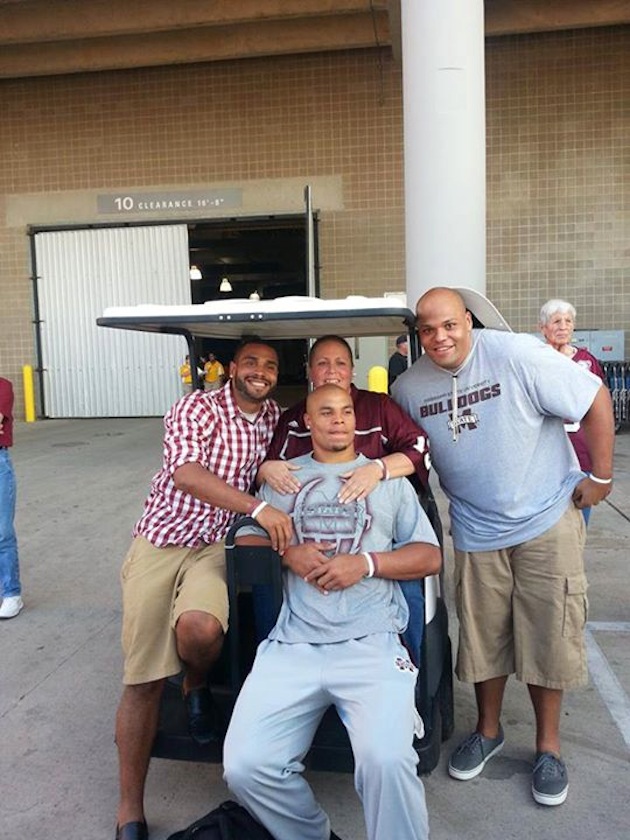
Dak Prescott rises from the wooden table in his kitchen. It’s June, and he’s standing at a pivot point—far enough past the worst stretch to look back but not that removed, either. He strolls down the hallway to his office, returning with a single sheet of notebook paper that he saved for more than a year but has shown only to his girlfriend. The words are blue, the handwriting tidy. He holds the paper delicately by the top corners.

Jace MacKenzie Prescott
A Life Taken to Save Millions
You’ll never be forgotten for one second.
-Why didn’t you ask me for help?
-Did you tell someone how bad you hurting?
-Do you know how many people you affected?
-Do you know you’re adored, admired, loved?

Prescott wrote those sentences on April 23, 2020, the day he’ll always remember but would give anything to forget. The night before, after weeks filled with anxiety and depression, not to mention a contract saga that dragged on without end, he slept soundly for the first time in forever. He woke up after 8 a.m. to his father and friends standing in his bedroom with red eyes and anguished faces. His phone looked like a slot machine, pinging and flashing with hundreds of missed calls and unanswered texts.

A few hours earlier, 300 miles away, Dak’s uncle, Phillip Ebarb, had been awoken by a police officer in the middle of the night. The cop said, “I’m here to inform you that your nephew, Jace Prescott, is deceased.”
“What are you talking about?” Ebarb asked. “What do you mean?”
The officer didn’t know what to say. So he said only the truth.
“He took his own life.”

Ebarb screamed, then collapsed. He drifted through the next few hours as if living in someone else’s nightmare. He had to call Jace’s girlfriend, who was waiting outside the hospital, believing her boyfriend was still alive. He had shot himself at their apartment and died soon after.
Dak needed to escape the bedroom, and those anguished, tear-streaked faces. He went outside, by the pool, and when he looked up, he no longer saw the “dark cloud” that had hovered over him. Instead, the sun was blinding. He couldn’t think. He bolted back inside to write the letter, 15 minutes after he found out.

His oldest brother, Tad, immediately flew from Lake Charles, La., to Dallas. But upon arriving at Dak’s home, Tad lingered outside, blaming himself, smoking a cigarette, unable to walk in. When Dak found him out there, Tad could only say, “I’m sorry.”
“Don’t apologize,” Dak told him.
So they started telling stories, looking back, attempting to make sense of what did not and probably never will. Introversion was Jace’s default setting. He didn’t talk much about his feelings. Dak had checked on him about a week earlier. “This is my life,” Jace responded.
Dak’s thoughts spun in a thousand different directions. To Nathaniel, his father, who had to tell him his mom died in 2013, meaning Nat had delivered the worst possible news twice. To Tad, whose last promise to his dying mother was that he would care for his younger brothers, always; who had forgotten to message Jace to meet up that April and would be haunted by the text that slipped his mind. And to Jace, not only for the life they shared but for what had now become unfathomably clear—what they didn’t.